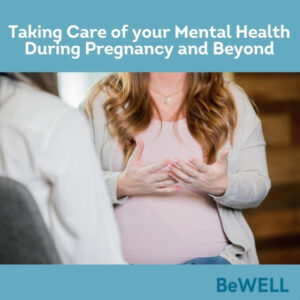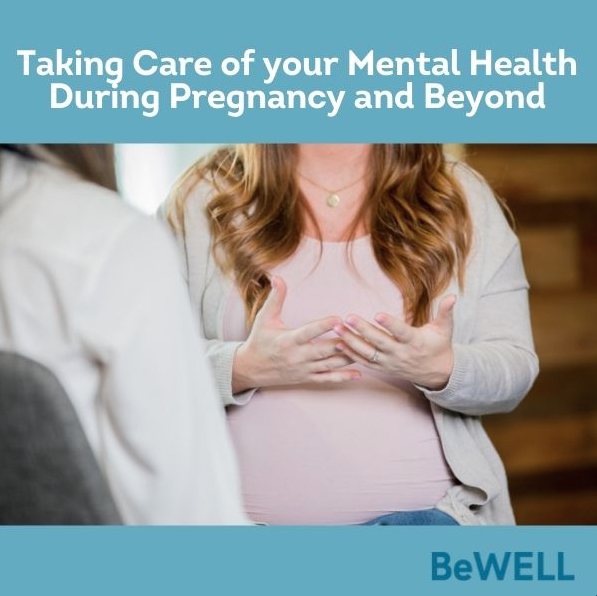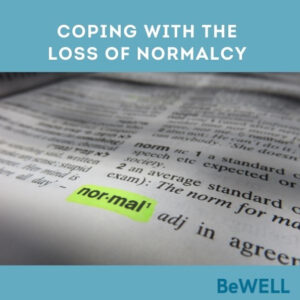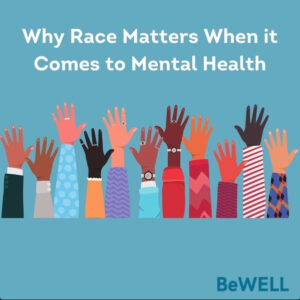
Pregnancy and Identity
Mood swings, worry, and fear during pregnancy and after birth are totally normal, but often the shifts and changes that take place are much more nuanced and complicated. And while hormonal shifts can be to blame for some of the feelings, pregnancy and parenthood is a mental, physical, spiritual, and even a communal event that has a lasting effect, far greater than hormonal changes.
One of the most significant shifts that can occur for pregnant people is a shift in how they see themselves and their role in the world. Many people struggle with understanding and accepting their identity. Identity shifts are common with pregnancy and parenthood, especially with a first child. Making sense of how the world sees you, how you see yourself as a member of society, and even how your partner sees you in a new familial role, can all be difficult to process and understand.
One’s identity comes from many different places, but many people’s sense of self comes from their career or what they do for a living. Oftentimes pregnancy and parenthood can change the course of one’s relationship with work, shift the way they are portrayed in the workplace, or even end a career altogether. This can be extremely difficult to accept, and lead to feelings of worthlessness, doubt, anxiety, and even guilt.
Liz Buehler Walker, the Director of Health and Wellbeing for BeWell and co-founder of Indigo 108, specializes in pre- and post- natal yoga. She helps her pregnant clients navigate this challenging shift before they give birth. “Prenatally, we try to sure up their confidence, trust in themselves, and the relationship they have with themselves.” She explains that often, clients are surprised by this struggle, but her goal is to normalize the shift in identity that is happening and assure clients that this shift is inevitable, even if they feel ready to embrace pregnancy and parenthood. Liz explains that navigating a new identity can be extremely difficult, even for individuals who always wanted to become a parent.
Understanding and accepting that one’s sense of self is going to shift during pregnancy and parenthood is an important aspect of caring for your mental health. This change may be challenging, but a holistic approach to caring for your mental health, like the approach of BeWell therapists, may be key to embracing this big life event with positivity and confidence.
Taking Control Over Your Body During Pregnancy
One of the most difficult aspects of pregnancy, childbirth, and postpartum is control over your body. An ever changing body may mean everything from embracing what your new body looks like, to accepting that foods you once enjoyed no longer make you feel good, but control over your body is more than just what’s happening physically. Western medicine especially tries to control reproductive bodies, which extends from pre- to post- natal and beyond.
Being in a pregnant body can prove challenging mentally, physically, and even emotionally. One of the most difficult aspects of pregnancy is how accessible one’s body becomes during this time. From others touching your belly without permission, to invasive medical procedures, you may find this new entitlement to your body difficult or even triggering. Vanessa Filmonor, NCC, LCC and be.Well Psychotherapist, is currently pregnant. She talks about how uncomfortable it is to have people stare at her in public or strangers reaching out to touch her body. She even describes her experience at the doctors as difficult. “Even at the doctors, procedures are done without permission. They say they are going to do something rather than asking if it is ok with me.” As a therapist, Vanessa understands this type of physical entitlement as problematic. She explains that many people may find this difficult and even triggering, “Sexual assault victims can be triggered by doctors and may be retraumatized throughout their pregnancy.”
Liz describes that even the way pregnant people are talked to and about is problematic. Especially the language surrounding birth, “Birth is a giant event, and we simply don’t have the language to hold these uncertainties.” she says. People project their own pregnancy and birth stories onto others and more often than not, it does more harm than good. “People project their success, trauma, triumphs, and horror birth stories and I try to inoculate that language in my practice.” Liz explains that this type of language breeds uncertainty and mistrust in one’s own body and one’s own ability to provide. In her work, she focuses on giving her clients the tools to feel confident and empowered, even in the face of the inevitable uncertainties of pregnancy, birth, and parenthood.
How to Advocate For Yourself During Pregnancy
While there are many uncertainties that come along with pregnancy, one of the best ways to gain control is to advocate for yourself and your physical and mental health. Choosing the right kind of medical care and healthcare providers is key in finding autonomy and empowerment throughout pregnancy.
Vanessa, for example, has chosen to have a home birth with a midwife, instead of giving birth in a hospital, “I wanted to take control over my body with this experience and once you step into a hospital you are no longer in control. It is already uncertain, but add racism and the medical system and it becomes even scarier.” She says.
The experience as a Black pregnant person is a complicated one. Mistrust in the medical system, fear of higher mortality rates of both birthing people and babies, and past medical trauma can all lead to increased fear, anxiety, depression symptoms, panic attacks, OCD symptoms, and even thoughts of self harm. Vanessa describes that working with a midwife in her home and practicing prenatal yoga are both ways that she has been advocating for herself and her health, both physically and mentally. She explains that there are plenty of ways that you can advocate for yourself, like asking questions about procedures at doctors visits, saying no to certain “standard” practices that don’t make you comfortable, or choosing a birth plan that makes you feel more safe, like a home birth.
Being able to advocate for yourself and your health is in itself a privilege that not all pregnant people have, so finding support in any way you can, is the goal. Finding a community of like minded individuals that supports you, talking to a therapist about your fears and challenges in a safe and open way, like those at be.Well, and having a support network are all key factors in navigating a healthy pre- and post- natal experience.
If you are looking for a safe and judgment free space to support you throughout your pregnancy or postpartum journey, be.Well and Indigo 108 may be able to help. With offices in Midtown Manhattan, New York and Hoboken, as well as virtual therapy sessions, Indigo 108 and Be.WELL. can help you take control of your mental well being, and navigate your pregnancy and parenthood journey by connecting your mind, body, and spirit.



